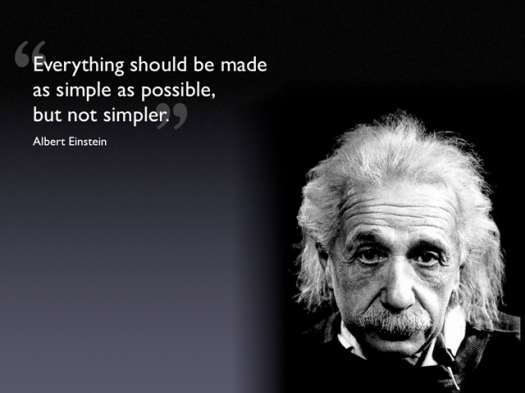A Placemaking Journal
Word Eating Time: Here’s today’s menu
Whatever skills I developed in manipulating language were shaped by two decades on the staffs of newspapers and magazines. In my first interview for a newspaper job, a managing editor lectured me on the transition I should be prepared for. I could forget all that fancy writing stuff I may have learned in college. I was about to become a reporter serving customers with middle school reading skills and a lot of impatience with nuance.
Bottom line: Get to the friggin point, preferably no later than the second paragraph. So here it is: The broader you try to apply that advice, the worse it makes things.
Let me implicate myself in worse-making with a couple of examples.
When I transferred my membership from the journalism cult to the New Urbanist one, my new tasks were mostly focused on ways to explain planning approaches to community skeptics. At one point, I congratulated myself on outmaneuvering resistance to form-based coding by de-wonking the language and reframing its aspirations:
This new kind of zoning was not a government plot to impose unwanted change on home and business owners; it was a rescue strategy by a responsive government to protect “community character.” Not a hard-to-explain regulatory framework. Rather, a “character code” calibrated to reinterpret aspects of a community’s best-loved places in new development and redevelopment.
Like a lot of messing around with words for strategic purposes, there’s truth in that pitch. Just not enough to prevent somebody from reframing the reframing to undermine the original argument. It turns out that elevating the protection of community character as the nuance-free goal of form-based coding helps NIMBYs make convincing sounding claims on high ground. They fight rules that make it easier for neighborhoods to adapt and thrive in the face of inevitable change in the name of preserving character, which is often defined in ways that resist adaptation and assure the march to monoculture.
I want to apologize for that.

Also on my list of regrets: Sloppy evocations of “sense of place” and even “place” itself. Which is ironic in the extreme, I admit, for somebody from a firm called “PlaceMakers.” But stay with me here.
We can agree, I think, that a great place evokes feelings of security, connectivity, inspiration. And we can be confident, as well, that what’s evoked is dependent to a certain extent upon a combination of physical attributes and spatial relationships. But I know in my work as an explainer I’ve too-often defaulted to notions of a place as merely an assembly of static stuff — buildings, streets, landscaping — instead of a system in motion, a change-adaptive machine.
What we lose by that oversimplification is a deeper appreciation — and perhaps a better informed set of strategies — for what’s required for a neighborhood, community, region to become something other than just a sum of parts. “Place” becomes a nostalgic artifact, a preservation project. And restricted by that narrower view, concentrating only on the what of the physical and paying scant attention to the how of adaptive performance, we play once again into the hands of those determined to postpone or deny altogether the principal responsibility of planning — anticipating change.
Sorry for any support I’ve lent the postponers and deniers.
The advice I got as a journalist wasn’t wrong, just incomplete — especially when it comes to big gnarly problems. At some point, forging consensus and getting on with the work requires making choices about how much complexity we’re willing to accommodate. But when it comes to stuff with lots of moving parts, our biases tend to take us in the opposite direction of paralysis by analysis.
Sometimes keeping it simple is stupid.
–Ben Brown
If PlaceShakers is our soapbox, our Facebook page is where we step down, grab a drink and enjoy a little conversation. Looking for a heads-up on the latest community-building news and perspective from around the web? Click through and “Like” us and we’ll keep you in the loop.






